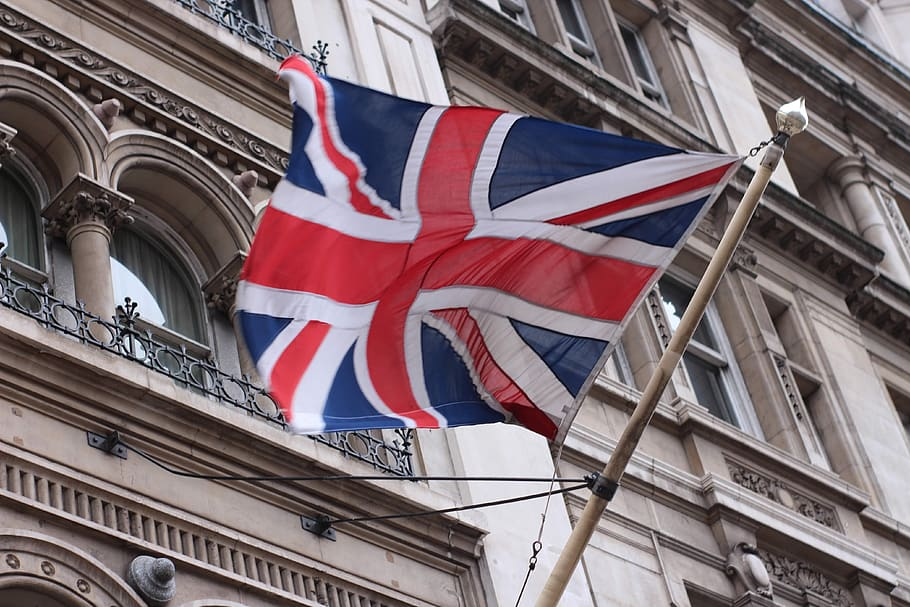The index also sheds light on the impact of hard power on soft power rankings, with nations engaged in military conflicts experiencing declines in their standings…reports Asian Lite News
In the ever-evolving landscape of global influence, the latest Brand Finance Global Soft Power Index has unveiled the United States and the United Kingdom as the foremost leaders in soft power, with China making significant strides to claim the third position. This comprehensive study, conducted by the world’s leading brand evaluation consultancy, Brand Finance, offers insights into the shifting dynamics of international relations, economic prowess, and cultural appeal.
The Global Soft Power Index, meticulously crafted through a survey spanning over 100 countries and gathering responses from more than 170,000 individuals, provides a nuanced understanding of nation branding and its impact on the global stage. Soft power, defined as a nation’s ability to sway opinions and behaviors through attraction and persuasion, has become increasingly intertwined with economic credentials, according to the report.
Leading the pack with an all-time high score of 78.8, the United States retains its position at the summit of soft power influence. Boasting remarkable familiarity and influence, the US excels in key areas such as science, arts, and global cooperation. However, internal challenges surrounding security and international conflicts have caused some erosion in its nation brand perceptions, underscoring the complex interplay between domestic and international affairs.
Meanwhile, the United Kingdom has rebounded from temporary instability to secure the seventh position in the rankings. With an upward trajectory in economic stability and governance, the UK continues to assert its soft power prowess, despite looming uncertainties associated with the upcoming general election.
In a notable shift, China has surged to the third spot, surpassing stalwarts like Japan and Germany. Bolstered by significant improvements in business, trade, and education perceptions, China’s ascent underscores its growing global influence and strategic initiatives on multiple fronts.
Conversely, nations like India, Brazil, and South Africa face challenges in fully realizing their soft power potential, despite their regional influence. With high familiarity but lower reputation scores, these countries grapple with bridging the perception gap on the global stage.
The index also sheds light on the impact of hard power on soft power rankings, with nations engaged in military conflicts experiencing declines in their standings. Russia, Ukraine, and Israel have all witnessed downward trends, reflecting the repercussions of international tensions on soft power dynamics.
As the world grapples with geopolitical shifts and global challenges, the Brand Finance Global Soft Power Index serves as a barometer of nations’ standing in the international arena. From economic prowess to cultural appeal, the index highlights the multifaceted nature of soft power and its implications for global diplomacy and cooperation. With intentional nation branding efforts and strategic investments, countries can enhance their soft power and shape perceptions on the world stage, fostering greater understanding and collaboration in an interconnected world.
ALSO READ-UK’s most lethal tank rolls off the production lines

